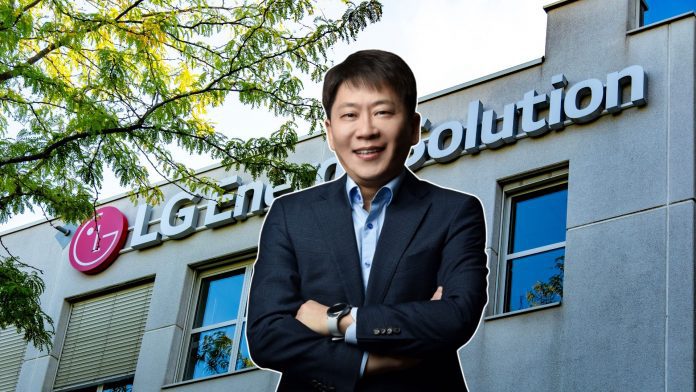LG Energy Solution, a key player in the global EV battery market, shocked investors by reporting an unexpected operating loss of 225.5 billion won ($154 million) for the fourth quarter of 2024. This marks a stark departure from analyst predictions of a modest 16.4 billion won profit. Sales for the quarter dropped 19% year-over-year, amounting to 6.45 trillion won, as global demand for electric vehicles (EVs) showed signs of cooling.
The earnings miss, announced on January 9, sent LG Energy shares tumbling by 4% during intraday trading in Seoul, the steepest drop since December 20.
The decline in LG Energy’s performance underscores a broader slowdown in the EV market. Automakers, including General Motors (GM)—an LG customer—are scaling back EV production targets amid weaker demand. GM also recently announced the closure of its self-driving vehicle unit, Cruise, highlighting broader industry challenges.
In Europe, rising living costs and removing EV subsidies have further suppressed sales, while premium automakers such as BMW and Mercedes-Benz contend with intensifying competition from Chinese manufacturers.
Analysts attribute LG Energy’s struggles to changing market dynamics:
- Reduced battery orders: U.S. automakers have adjusted inventory levels and scaled back battery purchases. Analyst Park Jin-soo of Shinyoung Securities noted that demand from GM, in particular, has been lower than anticipated.
- Price wars: According to BloombergNEF, battery pack prices fell by 20% in 2024 due to overcapacity, with manufacturers slashing prices to secure market share.
Geopolitical challenges
According to SNE Research, LG Energy holds an 11.2% share of the global EV battery market, compared to China’s combined 52% dominance in CATL and BYD. Chinese firms are leading the shift toward iron-based LFP batteries, which directly challenges LG’s specialty in nickel-based NCM technology.
Geopolitical tensions further complicate the landscape. Stricter Chinese export controls on battery technologies and the lingering effects of the U.S.-China tech conflict could disrupt global supply chains.
However, despite these challenges, LG Energy remains committed to growth. It plans to invest $54 billion in U.S.-based operations alongside other Korean battery makers. In his New Year’s statement, CEO Kim Dong-Myung acknowledged the difficult business environment but expressed optimism for an EV market recovery after 2026.
The company will release its final earnings report on January 24, which will offer deeper insights into its strategy for navigating a competitive and evolving market.



